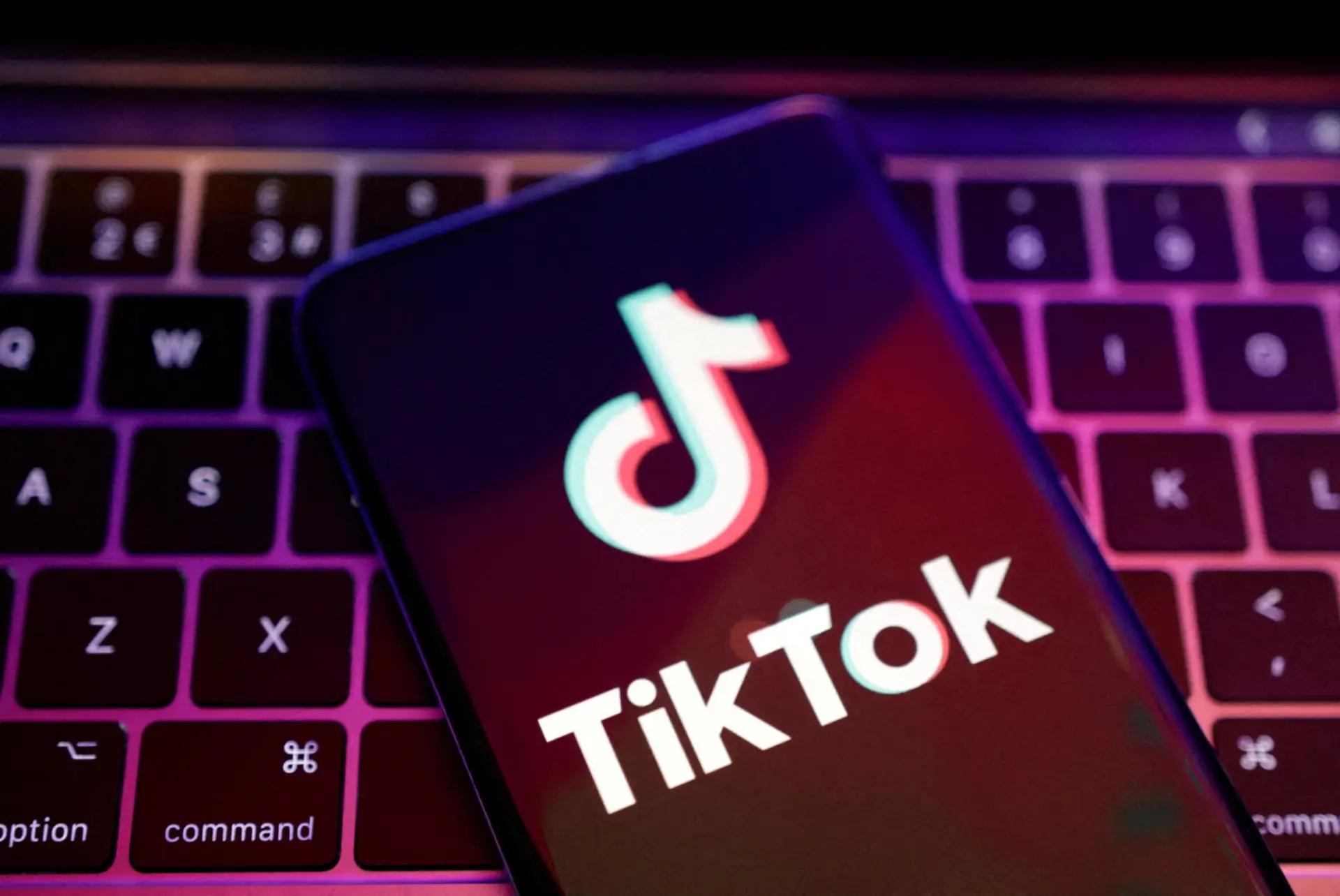The Scoop
House Republican leadership is moving forward with a vote on a bipartisan bill that would force ByteDance to sell TikTok — or face a ban — next Wednesday, despite former President Donald Trump’s public opposition to the measure.
House Republican leaders huddled Friday morning to confirm the House would move forward on the TikTok bill with plans to bring it to the House floor under suspension, a maneuver that speeds the process and limits amendments to bills that can win a two-thirds majority vote, according to two sources familiar with the plans.
The legislation from Reps. Mike Gallagher, R-Wis. and Raja Krishnamoorthi, D-Ill., the leaders of the House Select Committee on China, would force Beijing-based ByteDance to sell off TikTok within 180 days or otherwise would effectively ban the app in the U.S. by penalizing app stores that host it.
“If you get rid of TikTok, Facebook and Zuckerschmuck will double their business,” Trump wrote on Truth Social, referring to Facebook’s Mark Zuckerberg. “I don’t want Facebook, who cheated in the last Election, doing better. They are a true Enemy of the People!”
The post initially prompted some worries on Capitol Hill about the bill’s fate next week, when Majority Leader Scalise said he would bring the bill for a vote on the House floor.
Know More
Trump’s comments Thursday night supporting TikTok represented a reversal for the former president, whose administration tried unsuccessfully to ban the platform. The former president recently name-checked a Republican donor, Jeff Yass, who invests in ByteDance at a Club for Growth retreat. Club for Growth has opposed efforts to restrict TikTok.
The legislation from Gallagher and Krishnamoorthi, introduced Tuesday, is backed by the Biden White House and designed to address longstanding national security concerns voiced by U.S. officials about the app’s Chinese ownership. It has broad bipartisan support in Congress, and on Friday President Biden — whose campaign joined the platform recently in a bid to reach younger voters — said he would sign the bill into law if it passes.
On Thursday, the House Energy and Commerce Committee advanced the legislation in a 50-0 vote, in spite of — or, perhaps, in part because of — an aggressive campaign by TikTok to get its users to call congressional offices to object to the proposal. House Speaker Mike Johnson also endorsed the bill earlier this week.
“This legislation has a predetermined outcome: a total ban of TikTok in the United States,” a TikTok spokesperson said in a statement following that vote. “The government is attempting to strip 170 million Americans of their Constitutional right to free expression. This will damage millions of businesses, deny artists an audience, and destroy the livelihoods of countless creators across the country.”
The View From The Senate
The bill’s fate is uncertain in the Senate, where there is not currently companion legislation. Senate Commerce Committee Chairwoman Maria Cantwell, D-Wash., said in a statement Thursday that she is “very concerned about foreign adversaries’ exploitation of Americans’ sensitive data and their attempts to build backdoors in our information communication technology and services supply chains” and that she plans to talk to colleagues in both chambers “to try to find a path forward that is constitutional and protects civil liberties.”
Senate Intelligence Committee Chairman Mark Warner, D-Va., who had his own broader measure to address national security concerns related to TikTok and other foreign-owned platforms last year, told Semafor on Friday that he is talking to the Biden administration about whether the bill can pass “legal muster” but is open to supporting it.
“I’m not going to let the perfect be the enemy of the good. If this is a vehicle that’s going to really be moving in the House, I’m going to take a good, solid look at it,” he said.
Room for Disagreement
Not everyone sees TikTok as a national security threat. Sen. Rand Paul, R-Ky., told Semafor he doesn’t want to curtail the First Amendment right to free speech of its American users. Paul said he believed TikTok was attempting to assuage the U.S. government’s security concerns in ongoing talks over its operations in the country. He also wasn’t concerned about the flood of calls that House offices received on Thursday from users galvanized by the app to call their congressmen.
“Why would I want to restrict Americans’ right to call their congressmen and say, ’You suck, you’re voting the wrong way?” Paul said. “I think the main threat is a new dance move will come out that somebody doesn’t like,” he added. “There’s no national security threat to TikTok. It’s a bunch of dance videos for the most part.”
Notable
- Human rights groups told Semafor they have backed the TikTok bill, as a high-stakes battle heats up in Washington.
- A campaign by TikTok to encourage users to call their congressional officers to protest the ban backfired, as offices were deluged with calls.
- A phenomenon known as “TikTok voice” may be the future of English, the BBC reports.
Joseph Zeballos-Roig contributed to this article.
